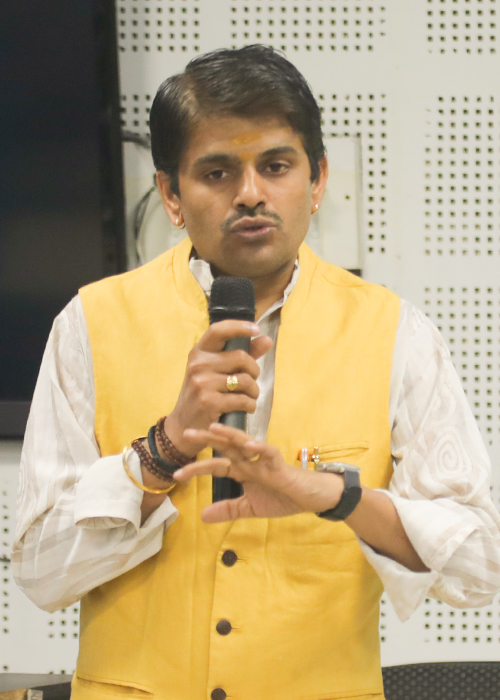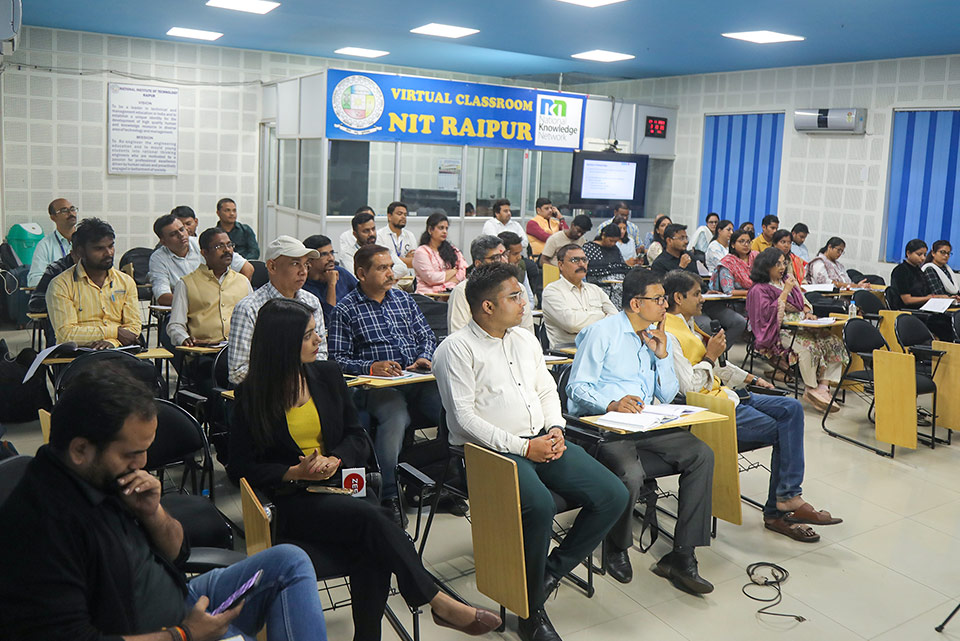
Behavioral Insights Unit (BIU) at NIT Raipur
India faces numerous societal challenges that hinder progress and well-being across health, education, and social development, significantly impacting individuals' lives. Despite ongoing efforts, issues like childhood anemia remain high, affecting 67.1% of children aged six months to five years (NFHS 5). To effectively address these issues, understanding their underlying causes is crucial.
Traditional approaches often oversimplify human behavior, assuming rational decision-making and overlooking diverse influencing factors. This limits intervention effectiveness and fails to address real-world complexities.
67.1%
Prevalence of anaemia among children aged six months to five years.
69.6%
Of class 8 children enrolled in government or private schools who could read at least basic text.
1.5M
Estimated number of girls girls under age 18 get married in India each year 3.
Addressing these challenges requires a fresh approach centered on behavioral insights, which offer a nuanced view of human behavior and empower policymakers to design interventions that resonate with actual decision-making processes. By integrating these insights into policies and programs, we can close the gap between intent and impact, creating solutions that are both effective and sustainable
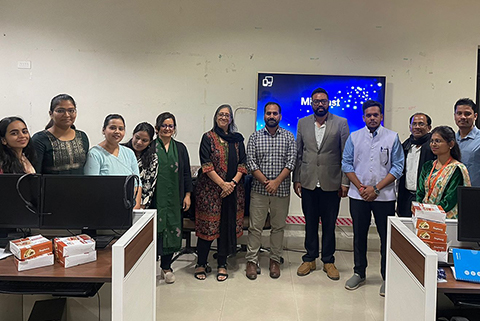
BEHAVIORAL INSIGHTS (BI)
Behavioral Insights (BI) is an evidence-based approach rooted in cognitive neuroscience, psychology, and behavioral economics. It seeks to:
- 1. Uncover the underlying "why" behind challenges, addressing issues at policy, supply, and demand levels to enhance government programs.
- 2. Enable the design and reinforcement of programs to maximize impact and achieve lasting change.
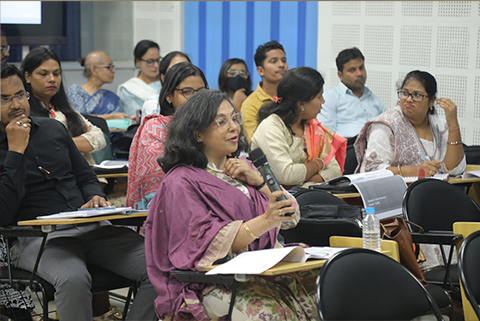
OBJECTIVE OF BIU
Enhance Policies and Programs: Strengthen on-ground policies and programs by applying behavioral science principles to address real-world challenges effectively.
Collaborate with Government Departments: Partner with government departments on targeted projects and provide comprehensive capacity-building support to drive behavioral change.
Prioritize State-Relevant Issues: Address key issues critical to the State’s development priorities, ensuring locally impactful interventions.
Support Evidence-Based Policymaking: Contribute to data-driven, evidence-based policymaking, fostering sustainable solutions for long-term progress.
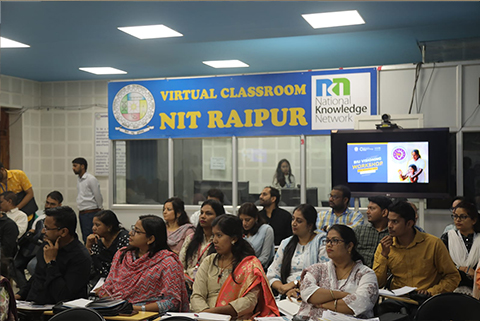
STRUCTURE OF BIU
The BIU at NIT Raipur harnesses the institute’s technical and academic strengths to drive impactful change. A steering committee—comprising representatives from key state departments such as Women and Child Development (WCD) and Health, along with CSOs, UNICEF, and other stakeholders—guides the strategic direction of the BIU. This committee oversees research priorities, intervention planning, and implementation across selected districts.
The core team, led by the BI Lead and Program Manager, is responsible for directing research and designing targeted interventions, supported by dedicated research associates and interns. This team serves as a bridge between theoretical research and practical fieldwork, ensuring that evidence-based approaches are applied on the ground.
Through collaborations with NGO partners and active involvement from BIU interns affiliated with BI clubs, the unit fosters a networked approach to addressing behavioral challenges effectively at the district level.



